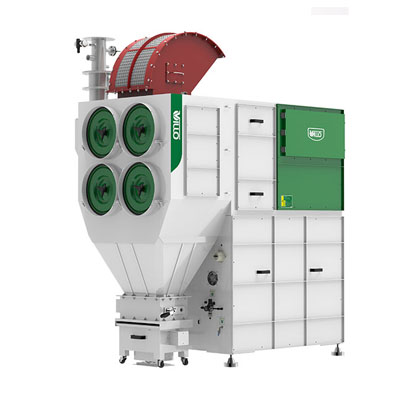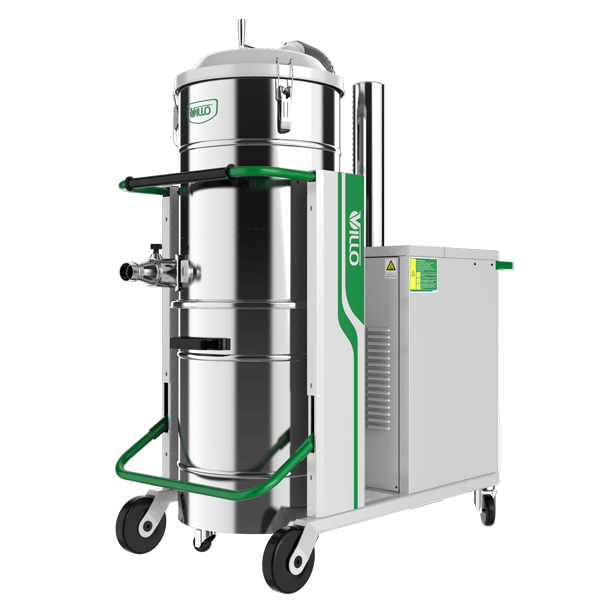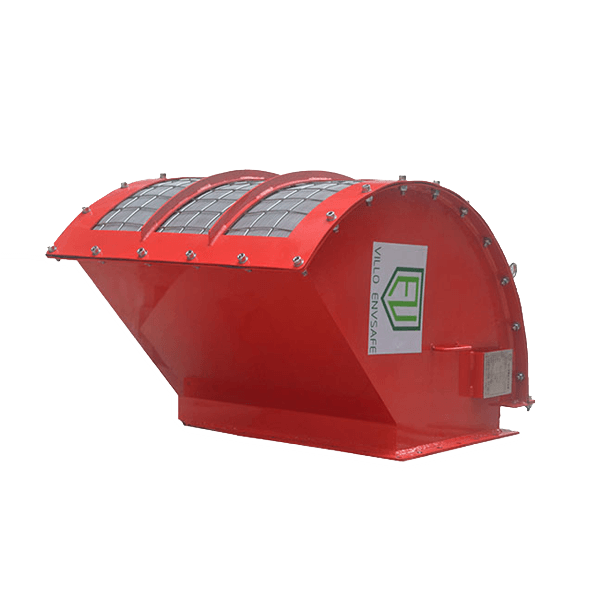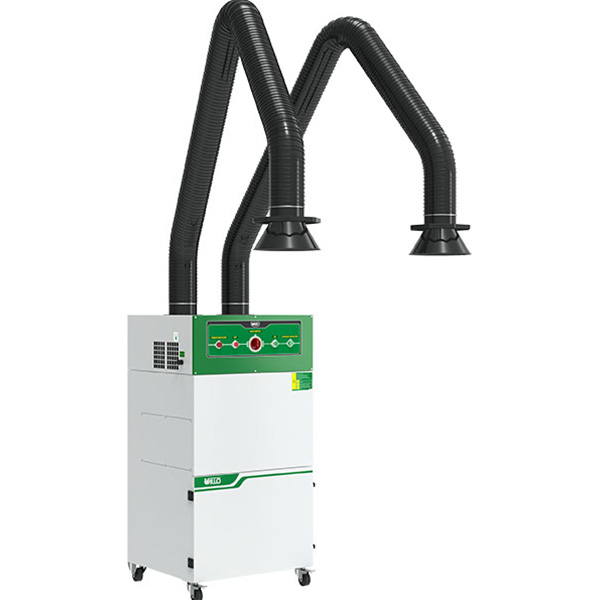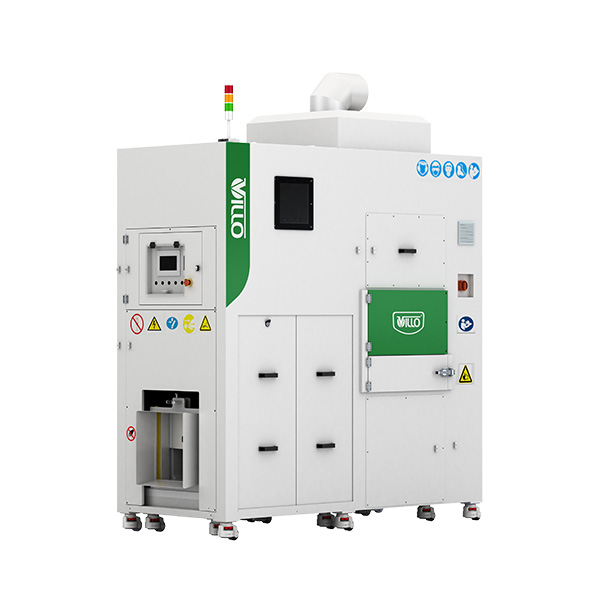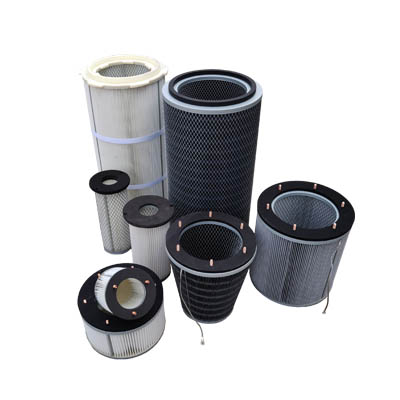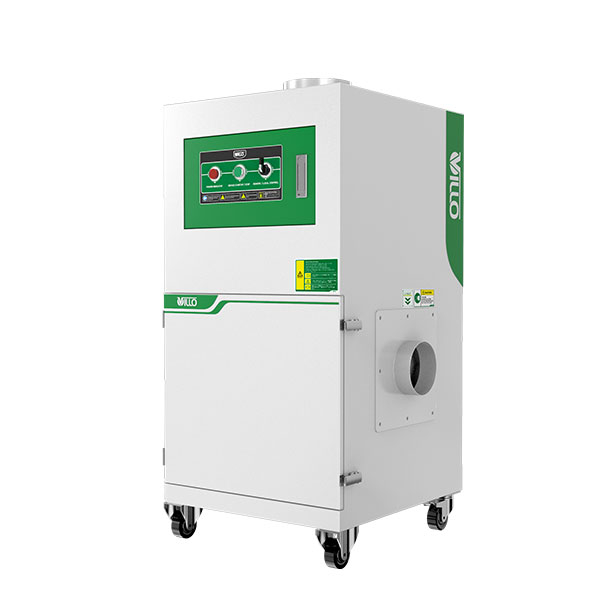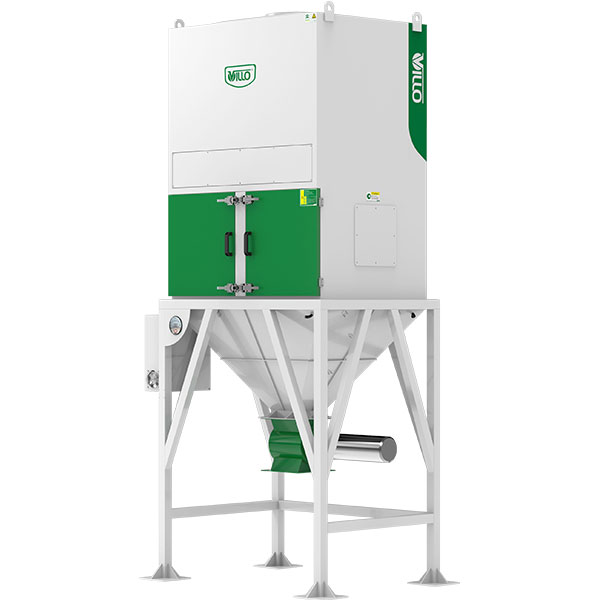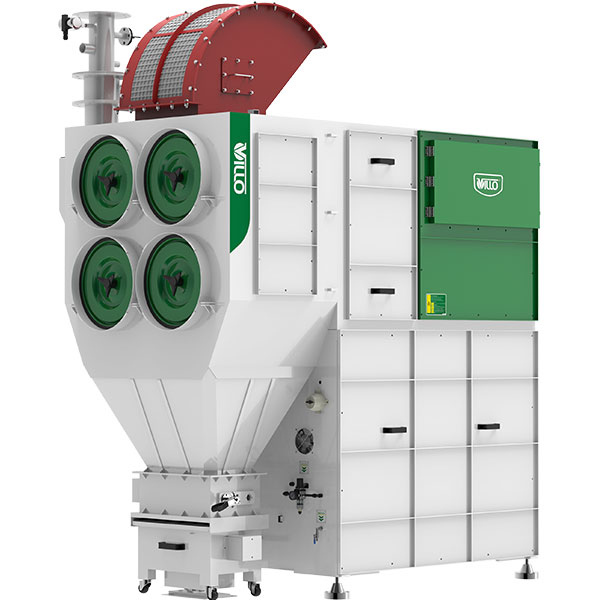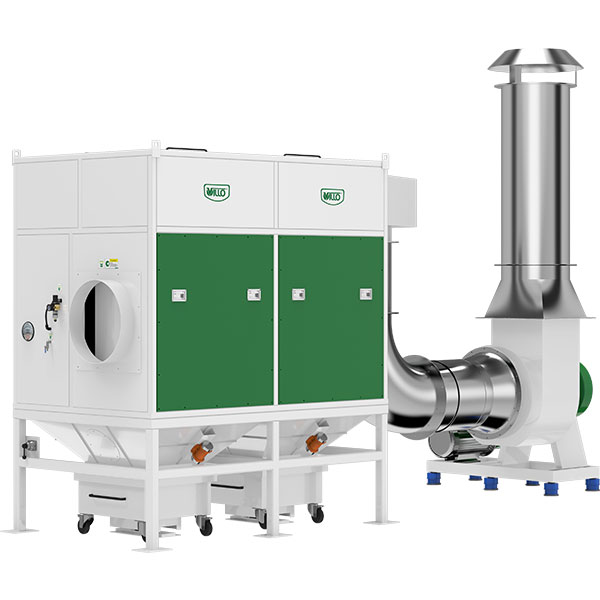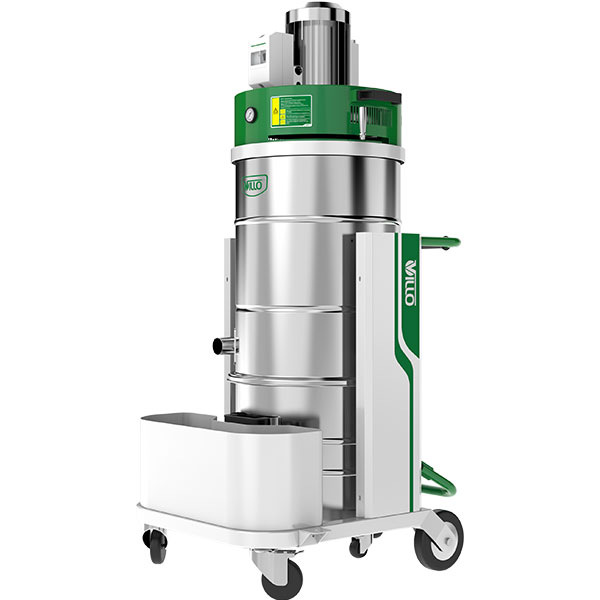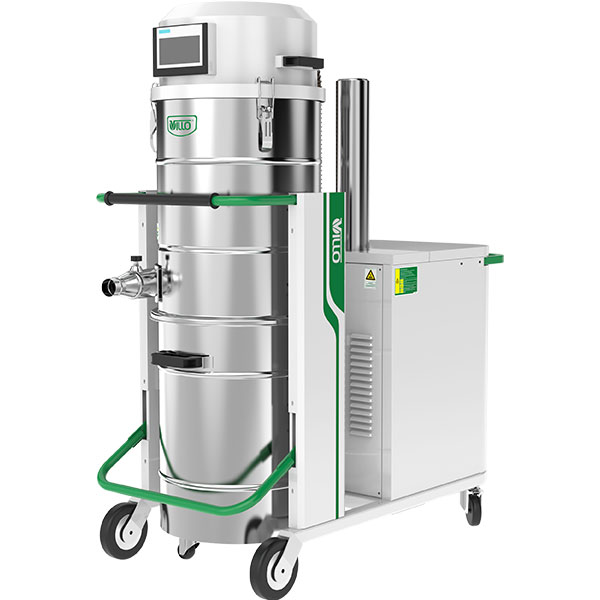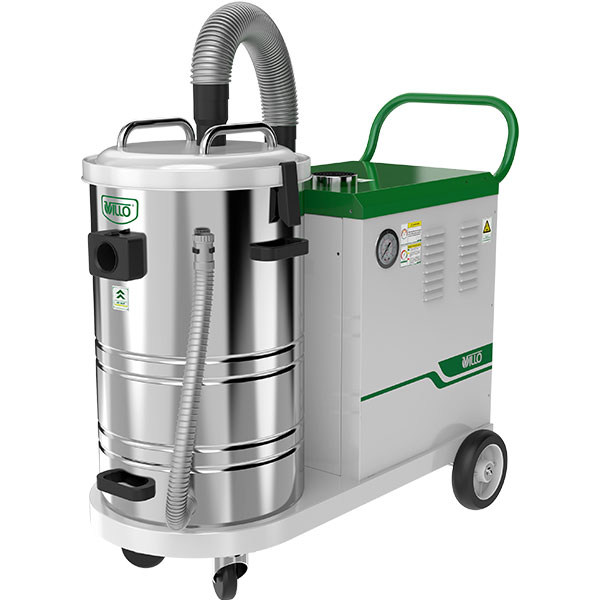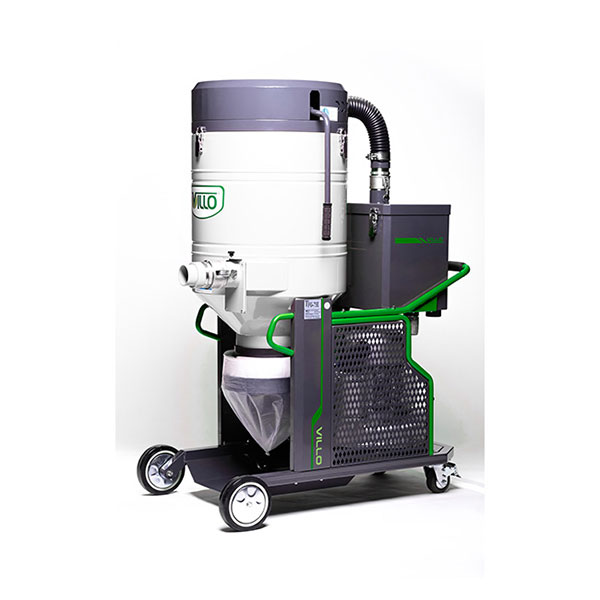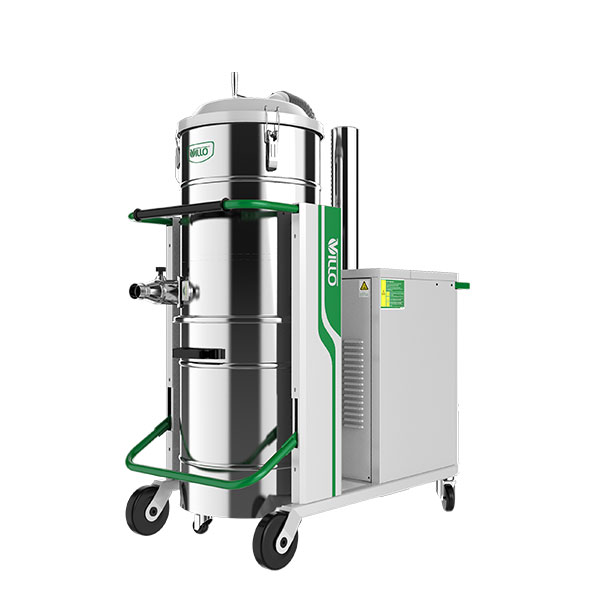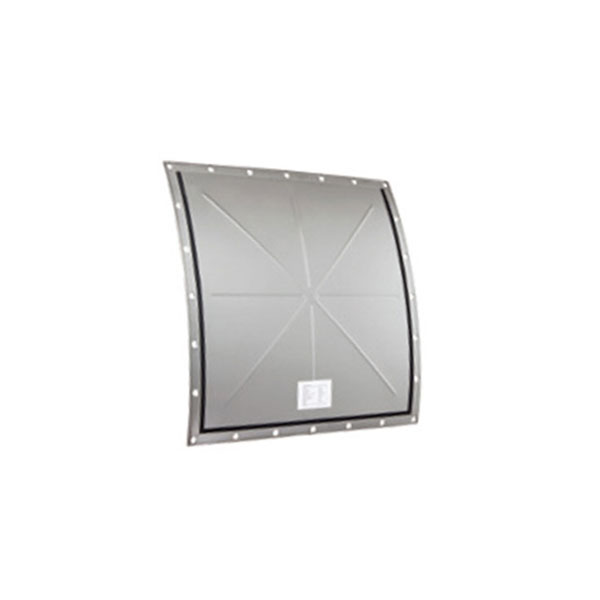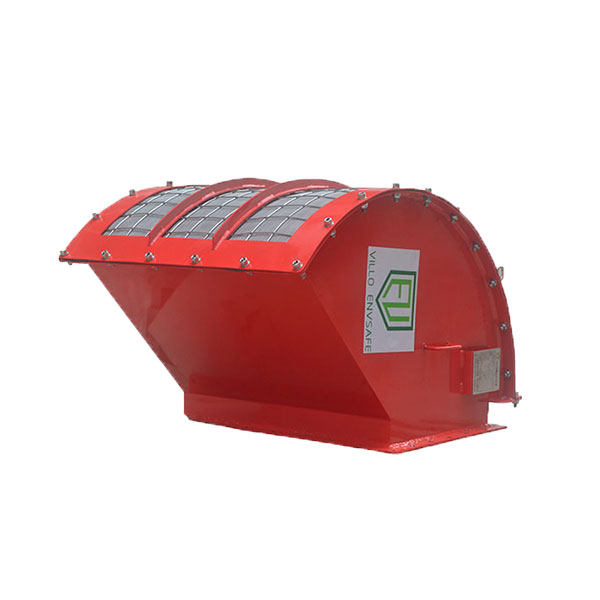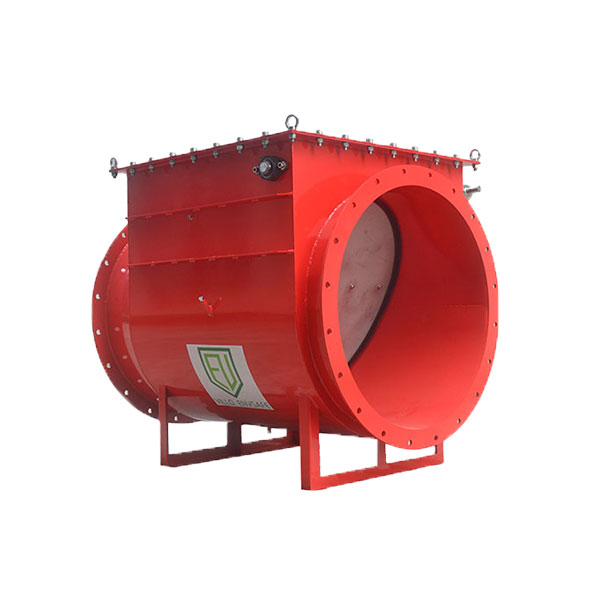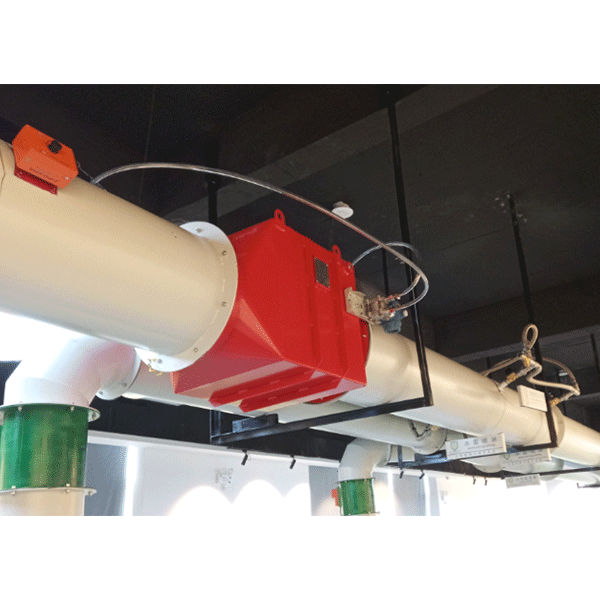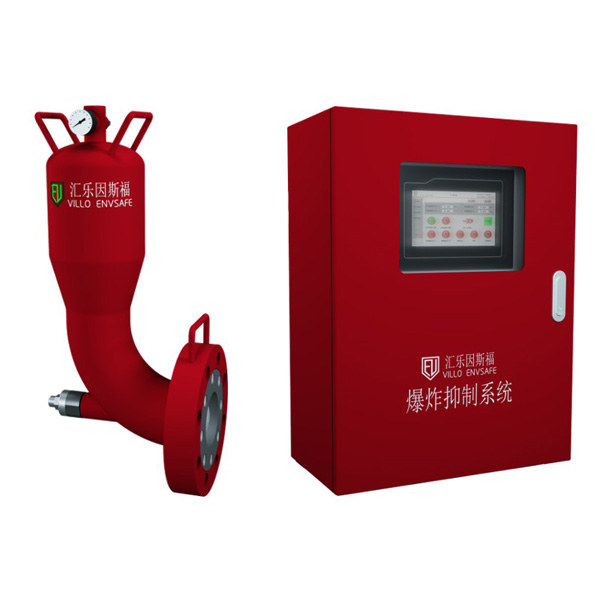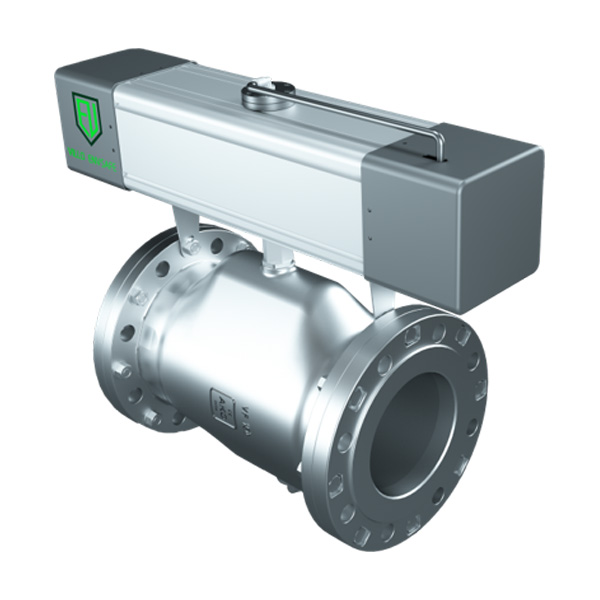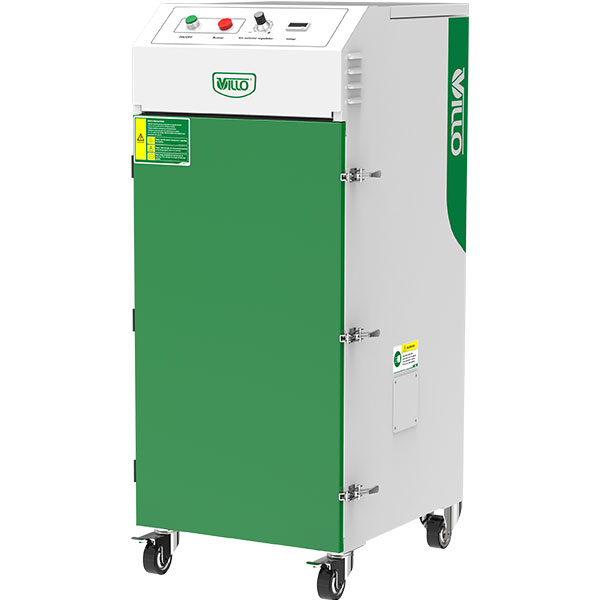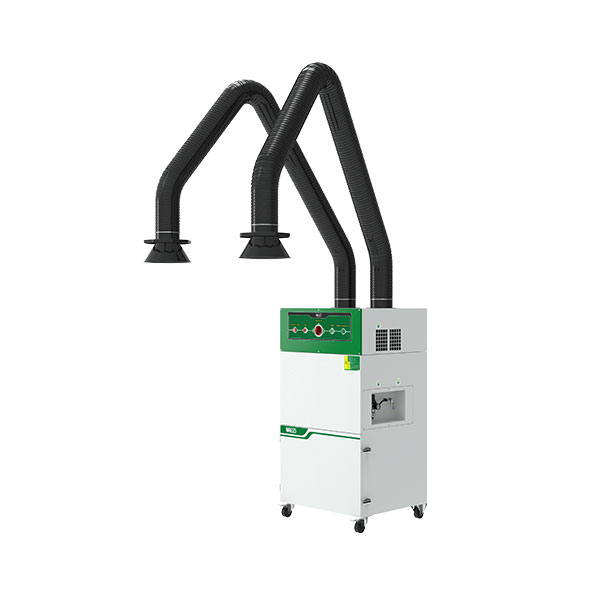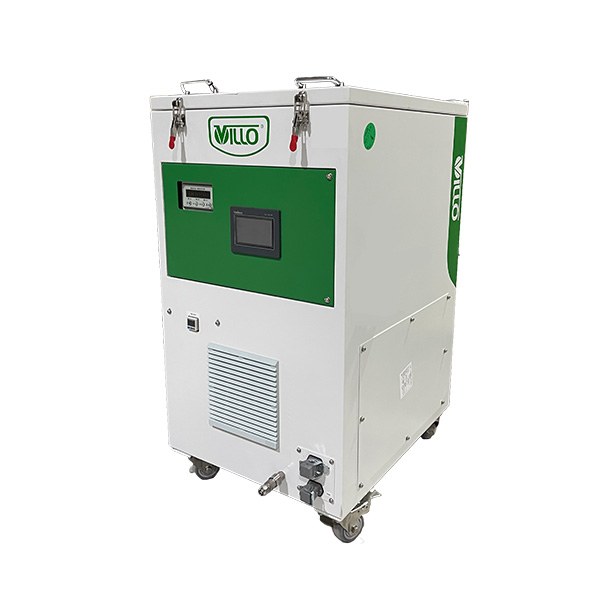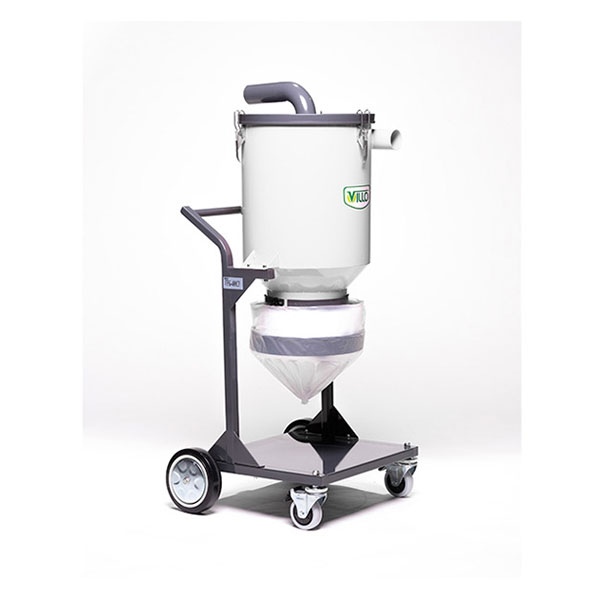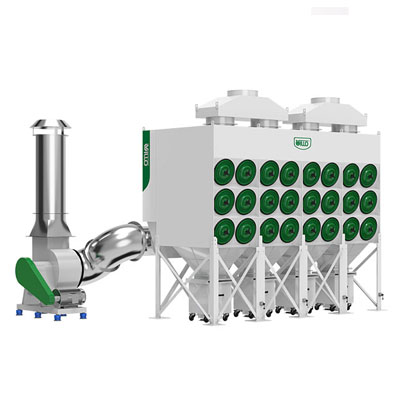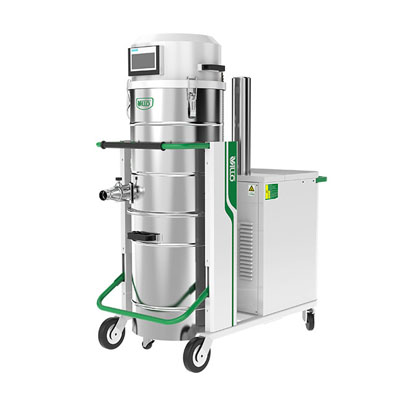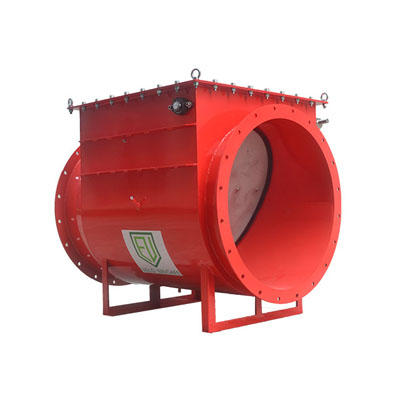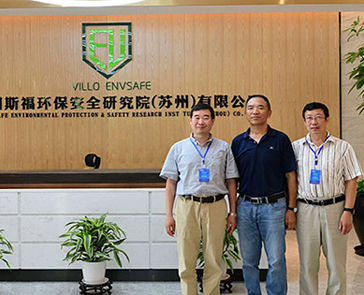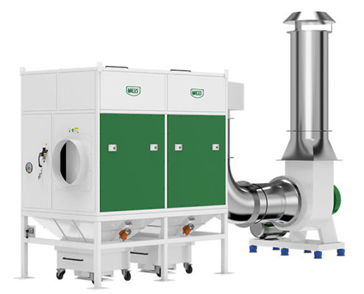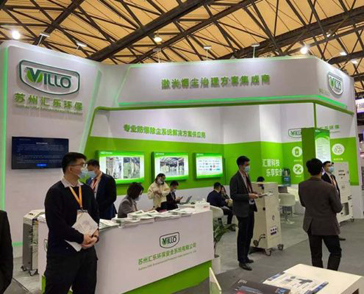Common Problems and Solutions of Industrial Dust Removal Machines
Common problems with industrial dust removal machines include failures to maintain effective dust control, mechanical failure, and damage to the filter. Ensuring your dust removal machine functions efficiently requires that the human factor be in check. Operators need to be knowledgeable and trained to use the machine, so they don't damage the filters or cause them to break down. Mechanical failure in the machines may arise from improper installation, improper maintenance, or aging parts. Regular inspection and maintenance will prevent mechanical failure.
Emerging Technologies in Industrial Dust Removal Machines
Technological advances have led to the development of new and highly efficient industrial dust removal machines that are less restrictive, less expensive, and more effective. Some of these technologies include energy-efficient Venturi scrubber systems, electrostatic precipitators, and fabric filters. The Venturi scrubber systems have a low-pressure drop resulting in energy efficiency of up to 80%, while electrostatic precipitators are very effective in separating small and highly charged particles.
Applications of Industrial Dust Removal Machines in Various Industries
The Pharmaceutical Industry: The pharmaceutical industry deals with delicate products that require highly regulated production environments free from contaminants. Dust removal machines clean the environment and provide filtered air supply to the product production lines.
The Food Processing Industry: The food processing industry is also highly regulated and requires strict sanitary environments. Dust removal machines in these industries help remove impurities and maintain a clean production area.
The Manufacturing Industry: The manufacturing industry produces various goods, from consumer electronics to automotive parts, and all these processes create significant amounts of dust. Dust removal machines help maintain a clean production area that is safe for employees, preserves equipment, and maintains production quality standards.
The Construction Industry: The construction industry involves working with concrete, brick, and other materials that generate significant amounts of air contaminants. Dust removal machines aid in keeping the environment emission-free and help minimize the effects of dust on workers' health.
The Chemical Industry: The chemical industry is another industry that requires strict environmental standards to produce quality chemical products. Industrial dust removal machines lessen the potential health hazards for workers and keep the environment safe from hazardous chemicals' accidental release.
Cost-Benefit Analysis of Installing an Industrial Dust Removal Machine
The cost of installing a dust removal machine varies from one type to another and also depends on the industry-specific requirements. A cost-benefit analysis is advisable when considering investing in a dust removal system. Benefits include reduced worker exposure to dust and other contaminants, reduced environmental impact, increased production quality resulting from equipment maintenance, and improved working conditions, which lead to higher employee morale.
In conclusion, the applications of industrial dust removal machines are various but essential in preserving the health of employees and production equipment while preserving the quality of the final product. Emerging technologies in industrial dust removal machines ensure more efficient and effective dust control, and investing in a dust removal machine is worth considering. Regular inspection and maintenance of the machines are necessary to maintain their functionality and prolong their lifespan.

 EN
EN
 ja
ja  ko
ko  fr
fr  de
de  ru
ru 